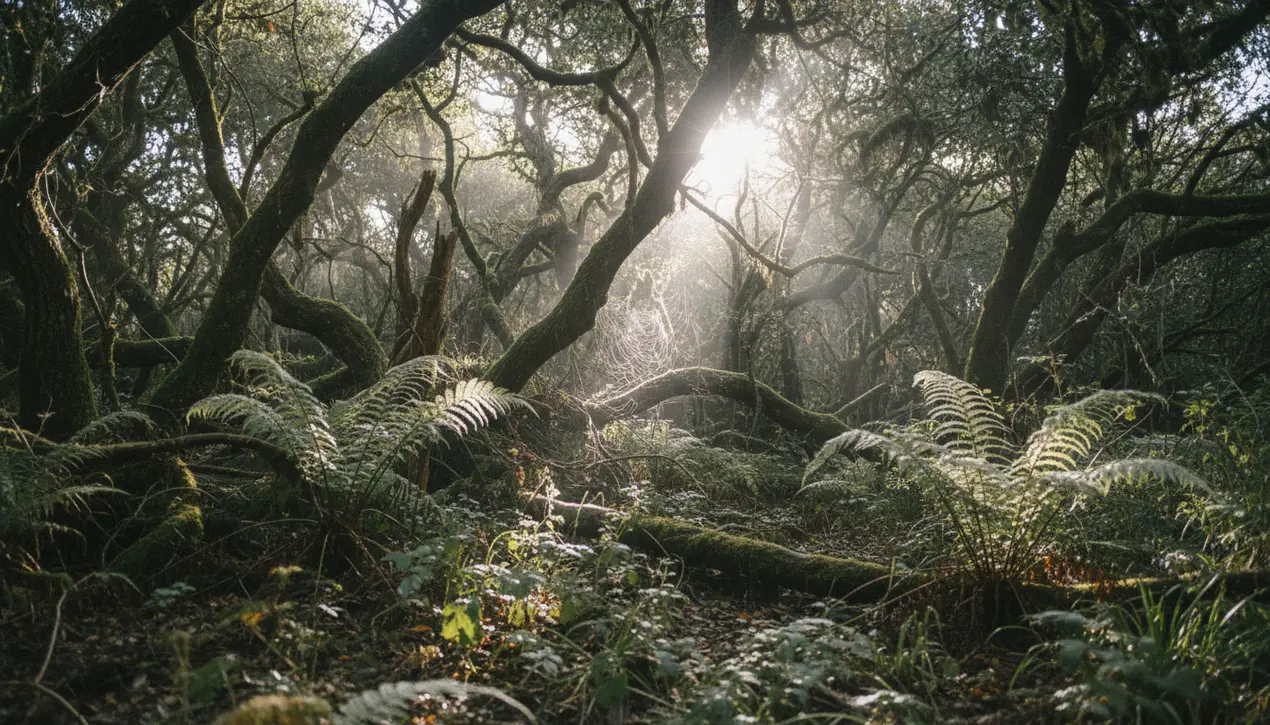
SciencebiologyEvolution and Ecology
A Lamentation for Linnaeus: In Praise of Confusion and Rewilding Wonder
RA
Rachel Adams
18 hours ago7 min read
We have been trading trees for tools since we first stood upright, our oversized brains forging the ultimate opposable thumb—thought itself. This cognitive tool gave us language to name the living world, principles to organize it, and theories to explain it all away.Yet, among these mental technologies, none has proven more useful or more perilous than the simple category, a living fossil from our hunter-gatherer psyche that compels us to sort the vibrant chaos of nature into neat, little baskets of similitude. The legacy of Linnaeus and his Linnaean system of classification, while a monumental achievement of human intellect, represents a fundamental domestication of our perception.It was a necessary step, a way to map the unknown, but in naming and ordering, we began to lose the raw, unmediated wonder of the wild. We traded the intricate, tangled web of relationships for a sterile index, a filing cabinet for life that gave us a false sense of dominion.This is the double-edged sword of our cognition: the very tool that allows us to understand the world also distances us from its essence. Now, in an age of unprecedented ecological collapse, we are witnessing the consequences of this intellectual severance.The clarion call from conservation biologists and radical ecologists is for a great rewilding—not just of landscapes, but of our own minds. It is a plea to step beyond the garden walls of our own categories and re-enter the confusing, beautiful, and humbling thicket of nature as participants, not just cataloguers.This is not a rejection of science, but an embrace of a deeper, more relational science, one that values mystery as much as data. As the climate crisis deepens and species vanish at an alarming rate, this intellectual rewilding becomes an act of survival.It is about learning to see a forest not as a collection of individual tree species to be managed, but as a complex, communicative community, a mycorrhizal network of shared resources and warnings. It is about finding wonder in the weed breaking through the pavement, a stubborn reminder of the wildness we have tried so hard to suppress.The lament for Linnaeus, then, is not for the man, but for the limitations of his system. It is a call to complement our brilliant, analytical left brain with the receptive, empathetic right, to let the world speak to us in its own untranslatable language. The future of our planet may depend on our ability to unlearn our need for absolute control and rediscover the profound wisdom found in confusion, in the glorious, unclassifiable mess of life itself.
#philosophy
#biology
#classification
#Linnaeus
#nature
#human cognition
#featured
Stay Informed. Act Smarter.
Get weekly highlights, major headlines, and expert insights — then put your knowledge to work in our live prediction markets.
Related News
Comments
Loading comments...
© 2025 Outpoll Service LTD. All rights reserved.